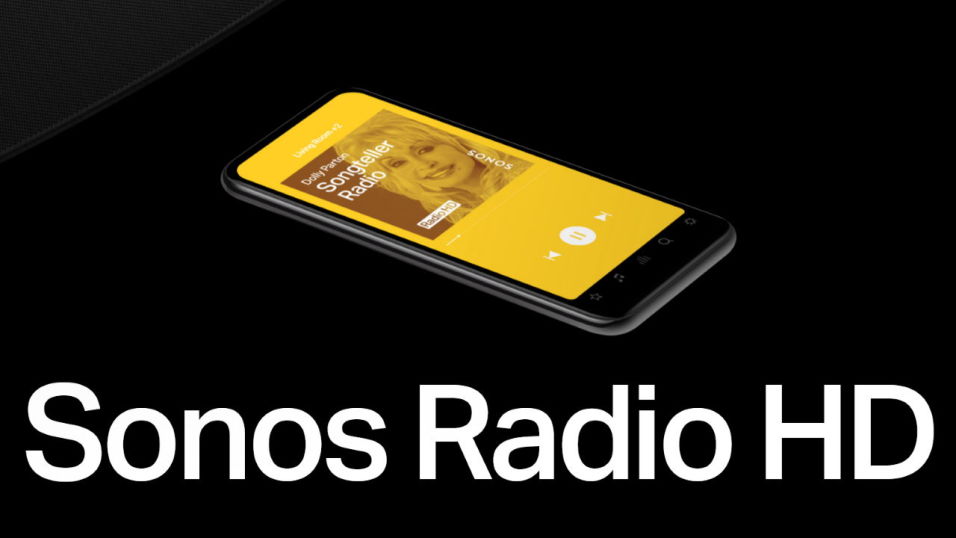
A popular audio product these past several years has been portable speaker systems and sound bars for audio and TV. Sonos is clearly the market leader, making great-sounding, great-looking products.
But there’s a problem. Despite being a high-end tech device, once you’ve set up your home or your Man Cave with your Sonos system, you’re done. Like buying a mattress, a refrigerator, or most other appliances and home goods, you’re not going to need a new one for a while – probably years.
Yet, we’re living in a subscription economy where recurring revenue is a key to growing brands. In our Techsurvey 2020 conducted earlier this year, we learned that six in ten radio fans subscribe to an audio service, like Spotify, Pandora, and/or SiriusXM. More than one in four describe to two or more subscription products.
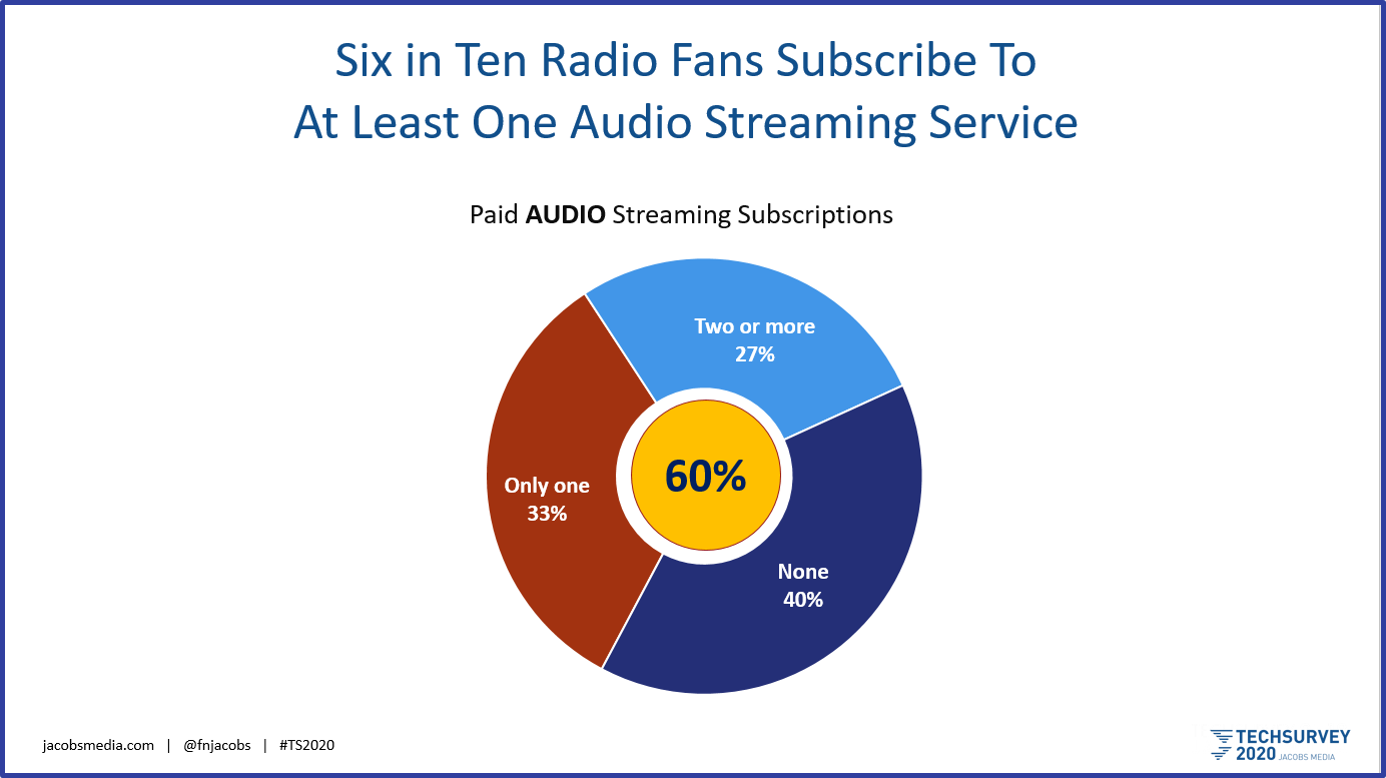
Do the math. That’s a lot of money. And since COVID, more and more content subscription services have popped up, all leveraged on the power of a small monthly fee that’s hopefully appealing and affordable to millions of entertainment seekers.
However, companies like Sonos have been left out in the cold. That’s because their product is essentially hardware. And there’s no need for monthly payments. Perhaps, until now.
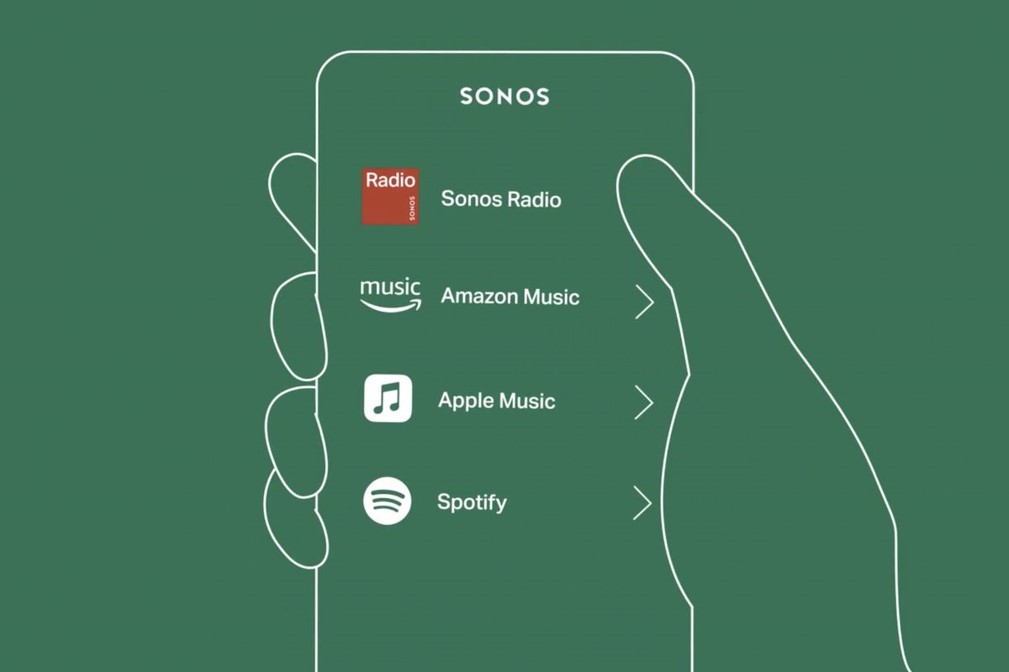
They’ve been dabbling in content for their unique distribution system. You may recall that earlier this year, Sonos launched an app, aptly called “Sonos Radio.” It provided the ability to stream platforms like TuneIn, iHeartRadio, and Radio.com.
And it opened the door to Sonos creating its own product – a bunch of formatted, curated radio stations. Yes, the beginnings of a software subscription model.
The other shoe dropped yesterday.
Sonos introduced “Radio HD” – a monthly service, apparently designed to compete against other streaming players, including satellite radio.
According to CNET, they’ve signed Dolly Parton to a content deal with her “Songteller Radio,” along with 45+ other genre stations.
And to get that subscription revenue model going, Sonos will be charging $8 for the privilege of signing up for yet another content service. All of this speaks to the power of content. Even for a great distribution platform like Sonos, without a content or “software” model, the company underperforms its potential.
But then there’s the branding story.
Yes, the launch of “Sonos Radio” (the italics are mine) was yet another indication of the power of the R-word.
But “Radio HD?”
Doesn’t that have a ring of familiarity to it? At least, to radio people who have been connected with a product called HD Radio.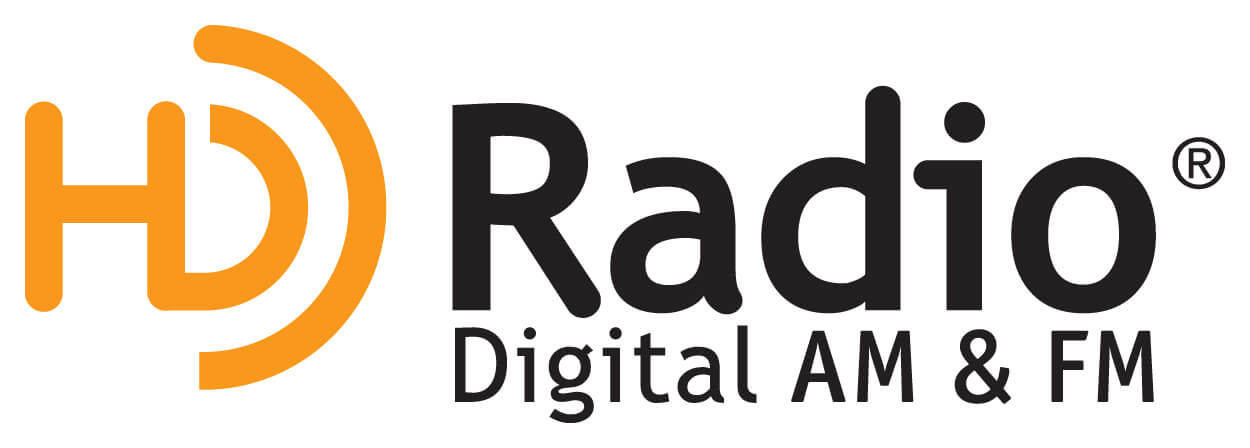
I’ll leave it to the Xperi legal team to determine whether the Sonos’ reversal of their brand name constitutes a copyright violation.
Confused? Maybe you’re supposed to be. Perhaps that’s part of the Sonos calculus.
Interestingly, I’ve heard many people over the years – mostly who work in radio – claim that HD Radio always was “a stupid name.” Many have cynically asked, “What does HD mean anyway?”
Well, here we are in 2020, and we’ve come full circle. Sonos has ripped off the name – sort of – especially if you’re afflicted with dyslexia.
Whether HD Radio has sufficient top-of-mind awareness is another conversation for another day. But this Sonos launch is a reminder about the value of RADIO – the brand, the platform, the medium.
In the past few years, many industry people are pointing to AUDIO as a better, hotter platform. Some have even wondered if brands like “The Radio Show” couldn’t take advantage of the trend by transforming to “The Audio Show.”
There’s no question that thanks in no small part to streaming and podcasts, audio IS hot.
But “radio” is a gold standard brand that some of the biggest tech companies – hardware and software – continue to incorporate in their branding.
The broadcast radio industry – now celebrating its 100th anniversary – would be smart to think long and hard before jettisoning one of its biggest core strengths: its brand name.
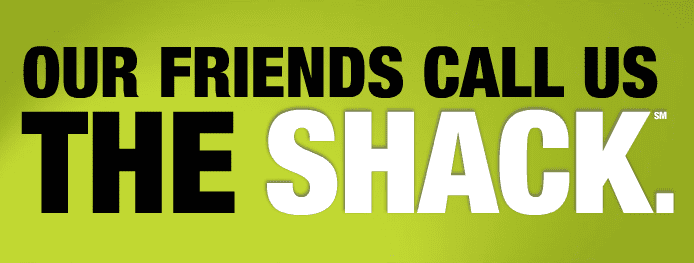 And if you think there’s any need for cautionary tales, think about Radio Shack and their hapless attempt to modernize their image. A decade ago, they dropped the “R-word” from their handle, electing to go with the sleeker “The Shack.”
And if you think there’s any need for cautionary tales, think about Radio Shack and their hapless attempt to modernize their image. A decade ago, they dropped the “R-word” from their handle, electing to go with the sleeker “The Shack.”
Since then, Radio Shack has filed for bankruptcy – twice. The only place you see their stores anymore is in rural communities. And yes, they’re back to calling themselves Radio Shack.
Saying goodbye to “radio” didn’t work out so well.
- Media And Technology In 2025: Believe It Or Not! - April 18, 2025
- In Radio, You Just Never Know - April 17, 2025
- The Secret To Making A Great Podcast (And Great Radio) - April 16, 2025




The name “radio” for audio transmission isn’t going away.
Only AM/FM broadcasters think it means only them.
My students thought of all audio as being “radio.” And when Apple was trying to come up with a new name for their audio service, after months of brainstorming, decided on using “radio” in their name too.
Great Blog to end the week Fred.
Thank You
The essence of “radio” is, I think, curation. That is, an actual human being is selecting–curating–what is broadcast, which means radio includes not only terrestrial broadcasters but also SiriusXM and even some streaming-only stations (eg, the very popular Radio Paradise). And that’s why Pandora, useful though it is, will to my mind never be radio. Long live radio!
PS. I’ve long thought the “HD” in Xperi’s product must mean Hybrid Digital (ie, IBOC). They’re quite clear they don’t mean High Definition, though what Sonos has in mind I’ve no idea. It sounds bogus to me.
Always appreciate your comments, Dick. Many thanks.
>>The essence of “radio” is, I think, curation. That is, an actual human being is selecting–curating–what is broadcast<<
So the difference is that in 'radio' an actual human being is 'selecting' the content, within a certain range of options and parameters (with a computer) the content to be played, where as with the 'other' thing, a human writes code that examines algorithmic data that the user inputs and then 'selects' content to be played.
Good distinctions, John. We continue to hear in focus groups that while many enjoy the algorithmic genius of platforms like Spotify, there’s something truly spontaneous about listneing to the “radio” and not know what’s coming next.
I’m kind of grinning as I read this, since I run a college radio station that’s also HD. I’m also the head of the Digital Radio Media track, which has been adamant about saying that “podcasting is radio.” You’re still radiating a message, even if it’s online. We get caught up in the delivery system and forget content is what counts. (I do point out to them that a “podcast” can be downloaded at any time, while radio is ephemeral.)
Dianna, thanks for these observations. And your reminder about the import of content over all else.
“Radio” is only a bad word to radio people. We might be the only industry with so much self-loathing. “That’s too radio” is a common put down for imaging, promotions, tons of best practices. I doubt doctors criticize each other with “That’s so medicine”, or architects with “That’s so structurally sound.” I was part of an ambitious format launch years ago whose sole aspiration was to not be “radio”, to redefine the medium by ignoring best practices. Sixth months in we flipped it to a straight up AC. Guess radio consumers didn’t think it was radio either.
Great story, Bill, and one that is very telling. Thanks for sharing it.
A bit of this is generational – we now have a generation of adults who had little or no relationship to BROADCAST radio. No cruising Main Street listening to Wolfman or transistor radios tucked under their pillows or actually meeting the jocks at a remote (so exciting!) What does the word radio mean to them today?? I don’t know. What I do know is that when I say I’m in radio the response is always generational – from boomers telling me about the jock they grew up with to Gen Xers not sure how radio is different than streaming or podcasting. Hell…even I’m confused!!
You left out:
Millennials “OK, Boomer – whatever.”
Gen Z: “What’s radio?”
As I said Fred…I’m confused…!